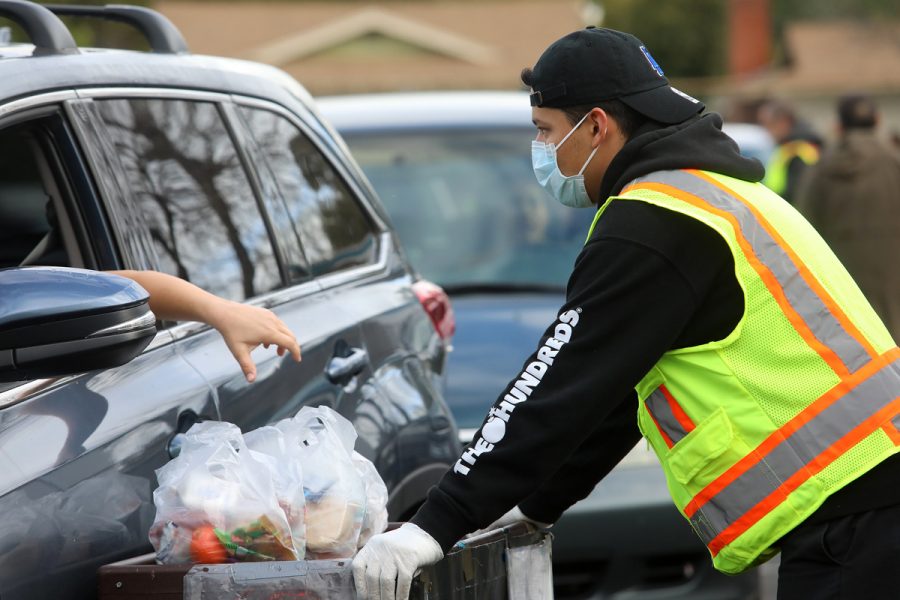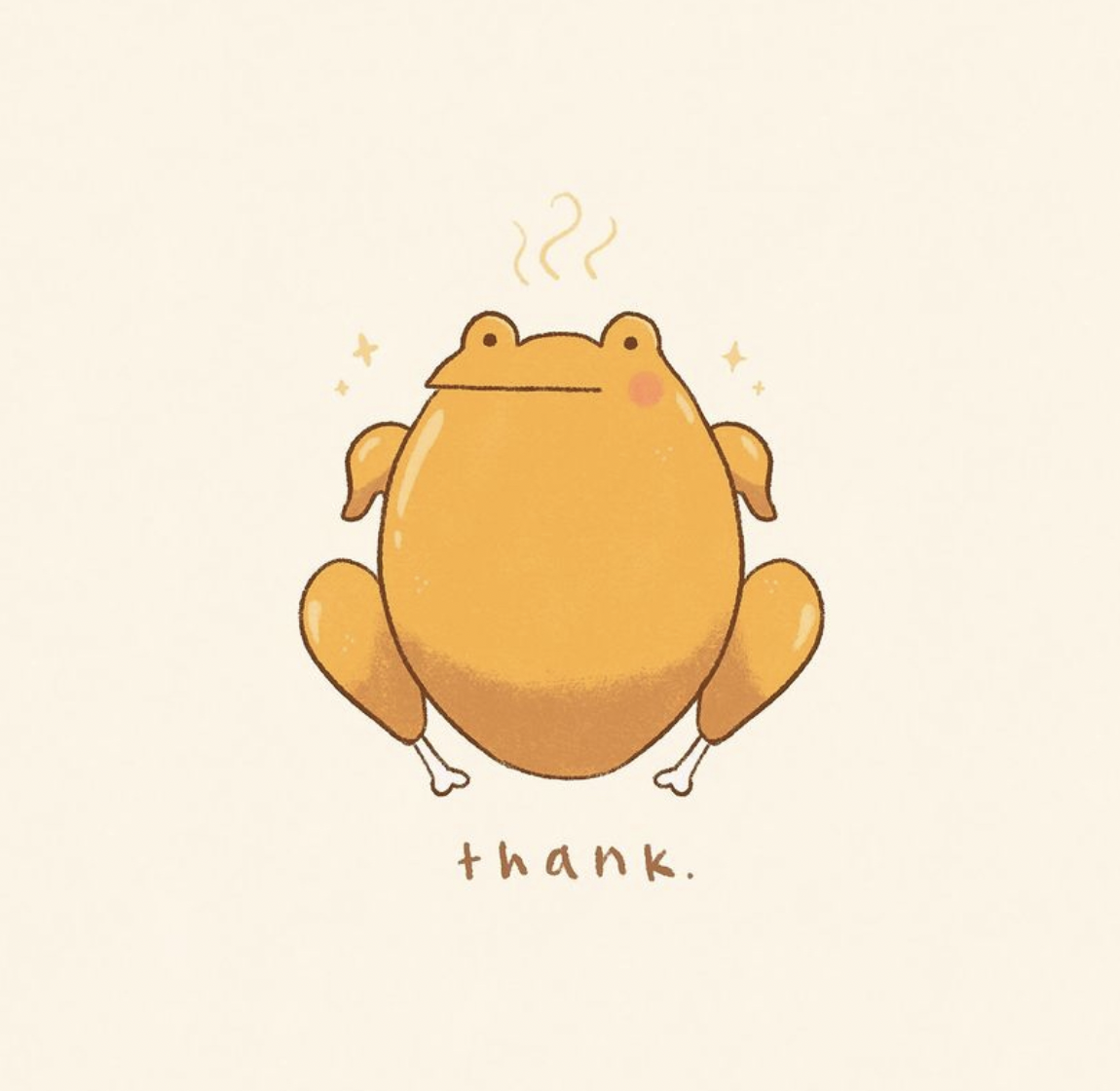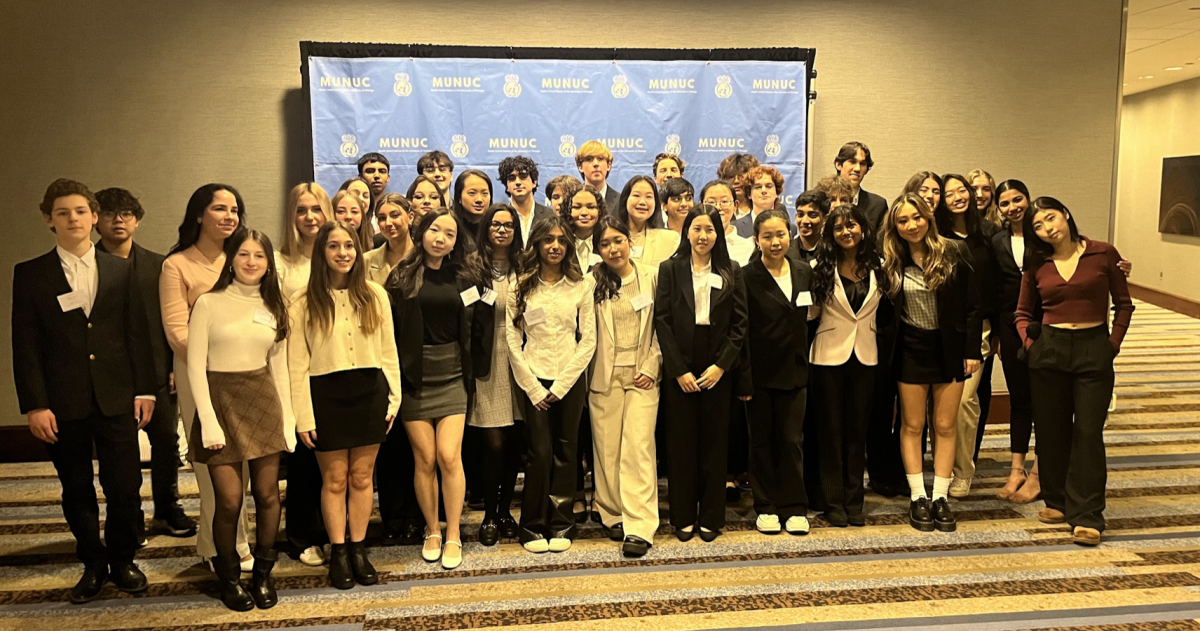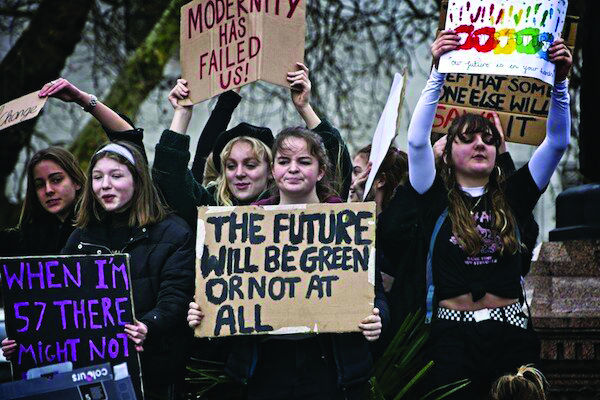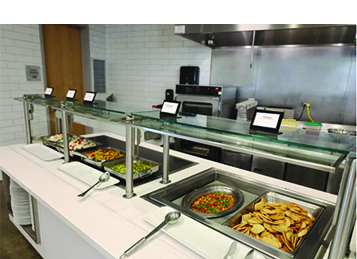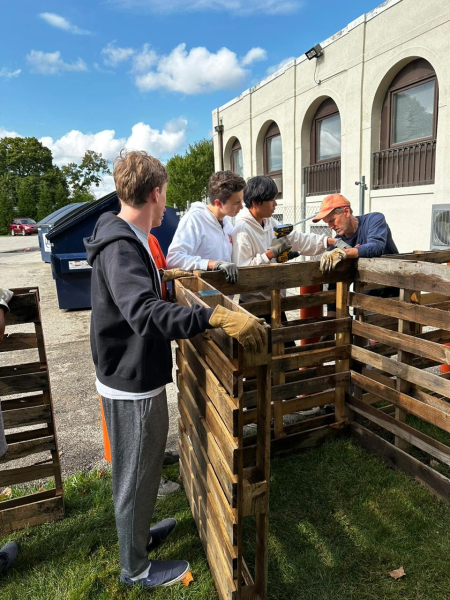Hardships at home
May 5, 2020
In a time where the world is anticipating and learning to adjust to this new way of living, some members of our society are finding it extremely difficult. Many people who were previously subjected to things like poverty, abusive homes, physical ailments, hindrances from elderly age, and homelessness are now finding themselves in worse positions than ever before.
I’m sure everyone has noticed themselves snacking on a more frequent basis than what they might have consumed during the school year due to boredom or restlessness; however, for some people this isn’t an option. According to the Food Research and Action Center, almost 30 million students in the United States are eligible and rely on school lunch for at least two of their daily meals. To put that into perspective roughly 95% of U.S. schools participate in the free lunch program to help provide for students.
To help combat this, some schools are standing outside of their buildings with packed lunches once or twice a week so that families can come by and pick up meals. While this is helpful for many, there are plenty of others who are unable to reach these resources or whose health is compromised by even these minor interactions.
There are also other forms of government assistance which may not be substantial, but are still appreciated, such as the stipends many families have received. The problem with this is that it misses a large demographic who are unable to receive help– undocumented immigrants. They were not accounted for and therefore did not receive the stipend, extending the strain put on their families.
However, they aren’t the only marginalized group experiencing such difficulty. Many Asian Americans, even those with markets and other businesses that would be considered essential, are losing great deals of money due to xenophobia and discrimination.
People of color and impoverished communities (which often have a large overlap that is unrelated to work ethic and integrity and are due to systemic pressures), including the homeless, are facing other strains as well.
On a slightly milder level, many low income families, homeless people, foster kids, and children who have been forced to go into shelters because of their mental health or sexual orientation, are all in very tight spaces with minimal privacy. Not only do many people have to help their families and balance watching their siblings while attempting to attend classes, but the confinement is taking a large toll on them in terms of feeling depressed, feeling unsafe, and not having access to minor therapeutic activities like taking walks let alone the professional help that is often needed. While Ellen DeGeneres may have jokes about feeling as if she is in prison, many people are actually experiencing a prison-like environment at home.
The people who actually are in prison are having a harder time with the tight spaces as well, as the healthcare system within prisons in America is disgustingly poor. There have been several protests (usually held with the safe social-distance practice of a car parade) to insist the release of those being held for minor crimes in order to prevent the overwhelming death toll anticipated to occur in these institutions.
For those who do find themselves lucky enough to be in a home, some are still not safe and really can’t be considered lucky.
People who live in homes that experience domestic violence, sexual abuse, and verbal abuse are finding themselves practically locked away with threats to their well-being.
On a more severe note, many people who are part of these communities, especially black and latino people, are dying at a much more alarming rate. Not only do many of them have preexisting health conditions that compromise their respiratory system, but they often have physical ailments that make it hard for them to get around without assistance that is currently unavailable. For those who are able to maneuver around, the food desert crisis that these communities face makes it hard for them to find sustainable food at reasonable prices within a mile or two of their home, a large problem for those who are walking to grocery shops. Due to the price change of products that are in demand such as milk, toilet paper, and cleaning supplies, often even if they have access to those things, they can no longer afford what they were just barely able to buy before the pandemic.
Now, the experiences of others do not invalidate the sadness and frustration that more privileged people are feeling; however, it is important to check whatever privileges you may have and reflect, doing what you can to support and ally with those subjected to worse conditions.

